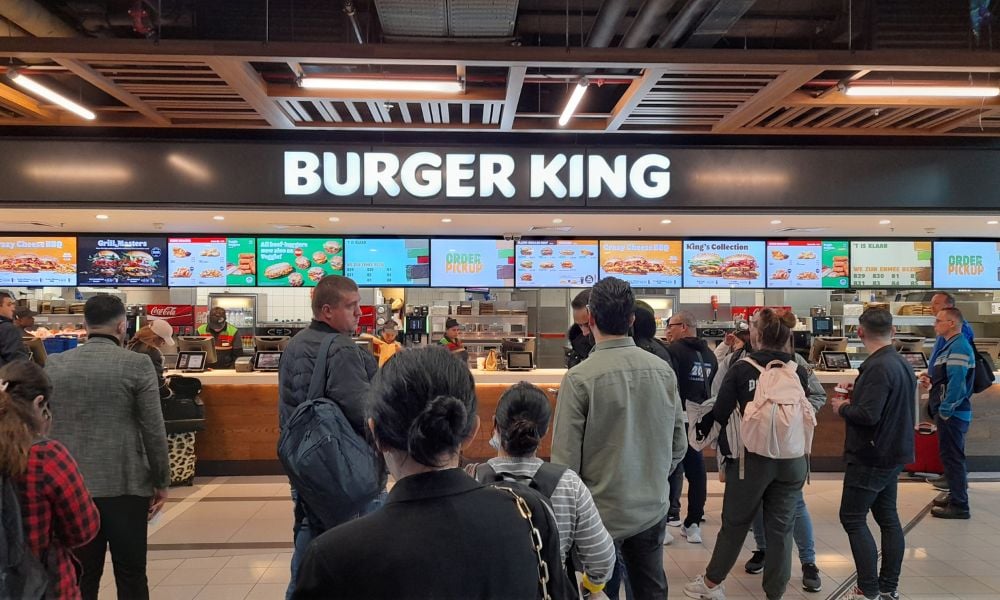Slower sales growth at Restaurant Brands highlights global consumer caution and industry challenges

Restaurant Brands International Inc. has reported slower-than-expected sales growth in the second quarter, indicating consumer hesitation impacting the restaurant industry, as reported by BNN Bloomberg.
The company fell short of estimates for sales growth at restaurants open more than 13 months. While Tim Hortons’ Canadian operations performed better than expected, this was not enough to offset weaker performance in other areas.
System-wide sales, which include newer restaurants, also missed expectations.
Despite the soft results, Restaurant Brands’ US-listed shares rose 1.7 percent in New York at 10:16 am. Investors appeared prepared for the weaker performance, as competitors had previously reported a slowdown in sales due to weak demand.
However, the company’s increase in same-store sales outside of North America stood out against industry trends, noted TD Cowen analyst Andrew Charles in a client note.
Globally, consumers are dining out less as they deal with higher prices and reduced disposable income. In response, chains like Burger King introduced deals such as a $5 meal in the US, launched ahead of rival McDonald’s Corp., in a bid to capture market share.
Restaurant Brands confirmed that Burger King will extend this meal deal until October. Chief Financial Officer Sami Siddiqui mentioned on a call with analysts that the bundle has been particularly popular among women and lower- and middle-income customers.
Further signs of cautious consumer spending were evident at Papa John’s International Inc., which also reported North American same-store sales below expectations.
Chief Financial Officer Ravi Thanawala highlighted a “highly promotional” environment among quick-service chains and a “more value-conscious consumer.” Papa John’s shares rose 2.6 percent at 10:16 am in New York, as the company pledged to offer more affordable products alongside its premium lineup.
Burger King’s US sales remained roughly flat compared to the previous year, despite ongoing efforts to remodel locations, increase advertising, and reduce customer complaints. Nevertheless, the chain outperformed McDonald’s, whose US sales declined by just under one percent in the second quarter.
Restaurant Brands’ earnings per share, excluding certain items, were in line with expectations. Chief Executive Officer Josh Kobza emphasized the company’s focus on “cost discipline.”
The company projected system-wide sales growth of around six percent in 2024, which is below its long-term goal of about eight percent on average through 2028. Adjusted operating income is still expected to reach approximately eight percent.



